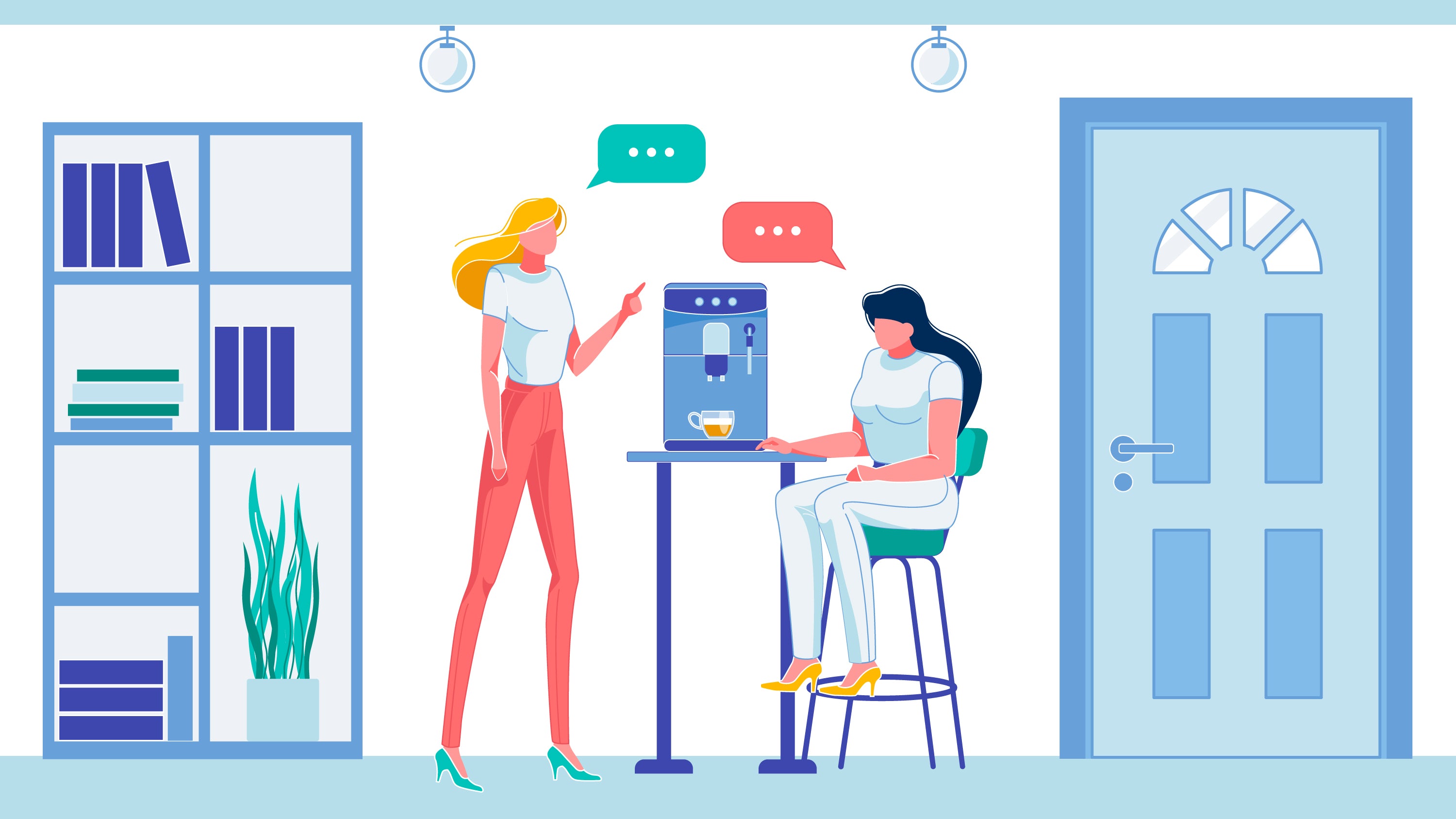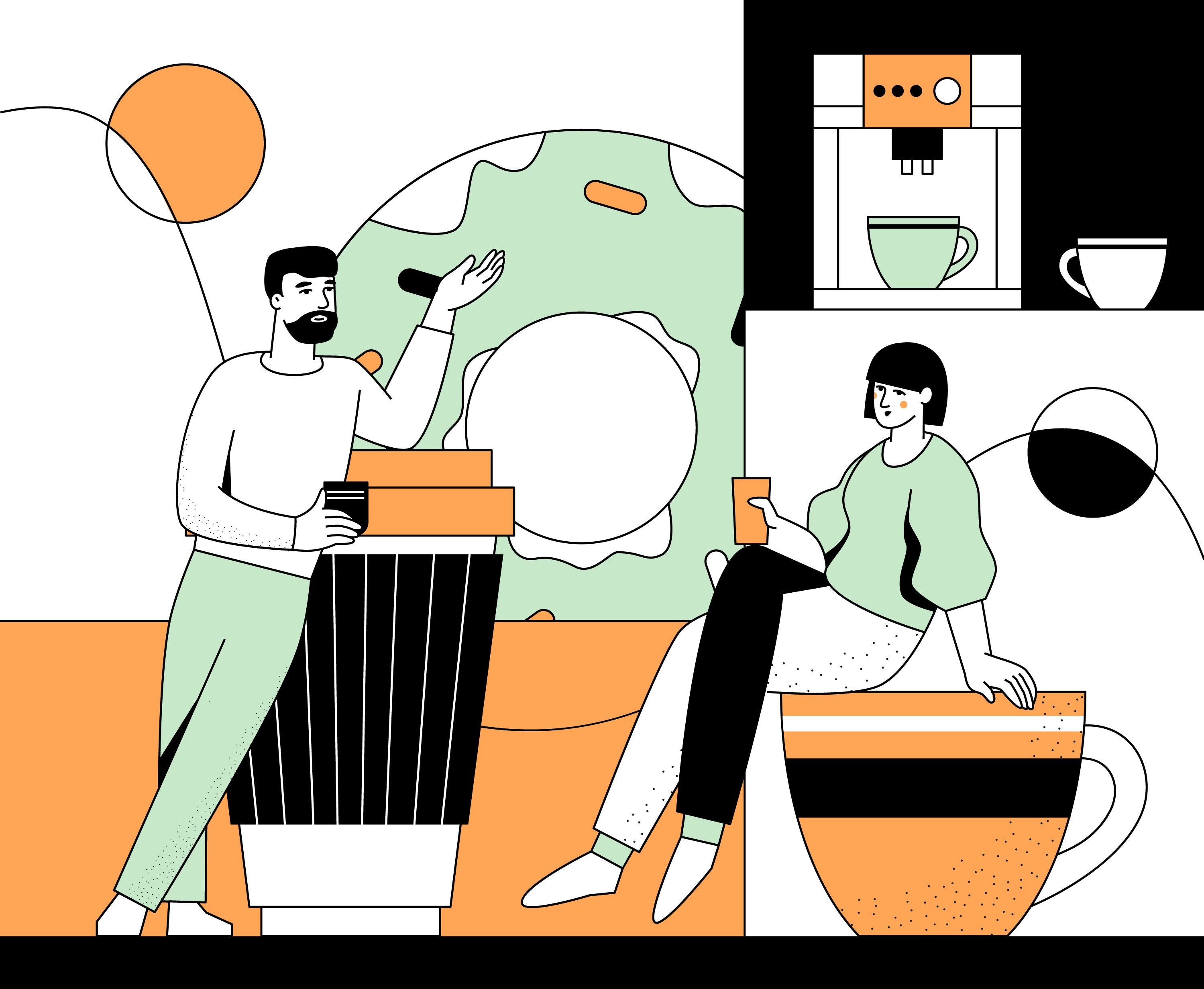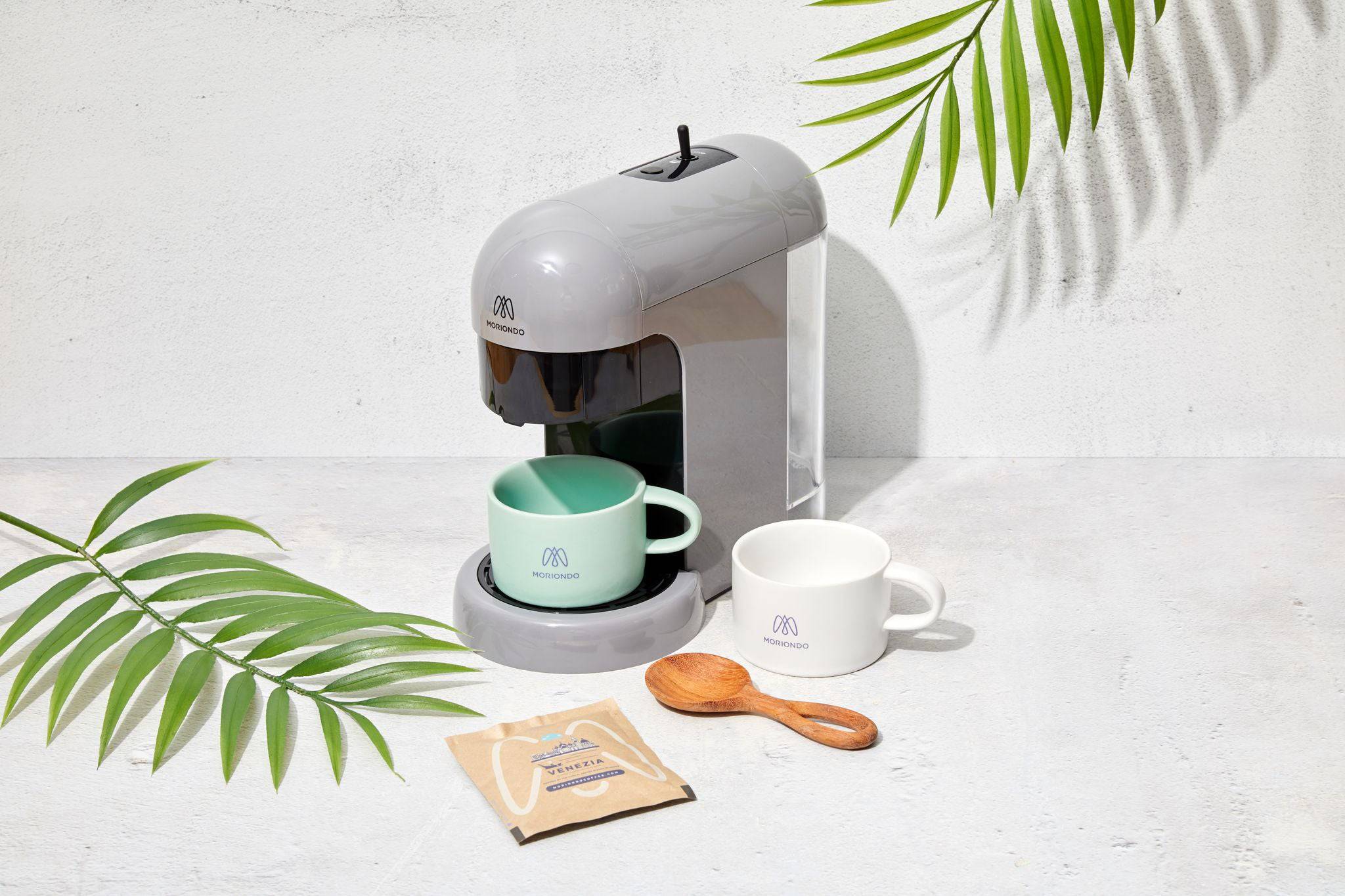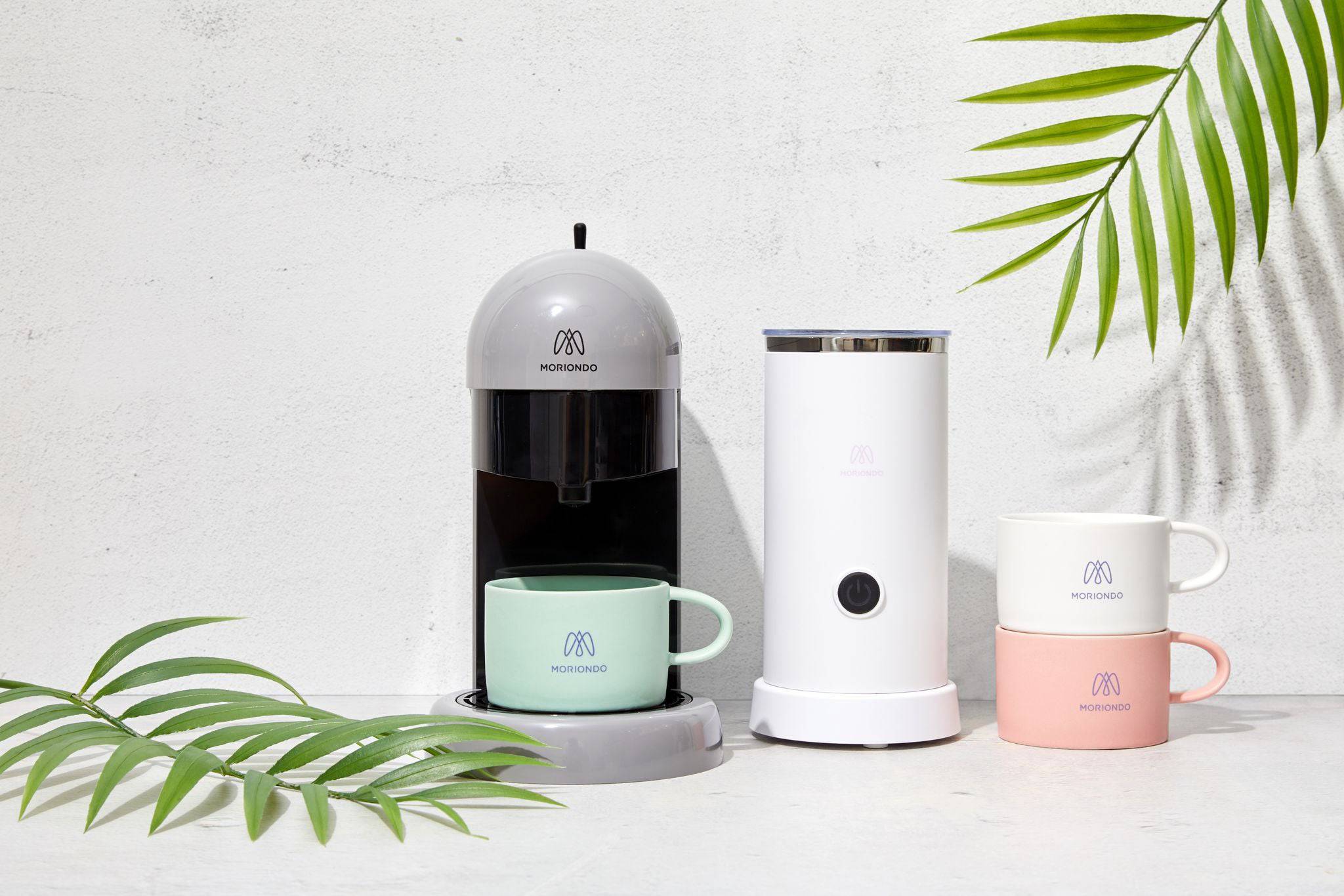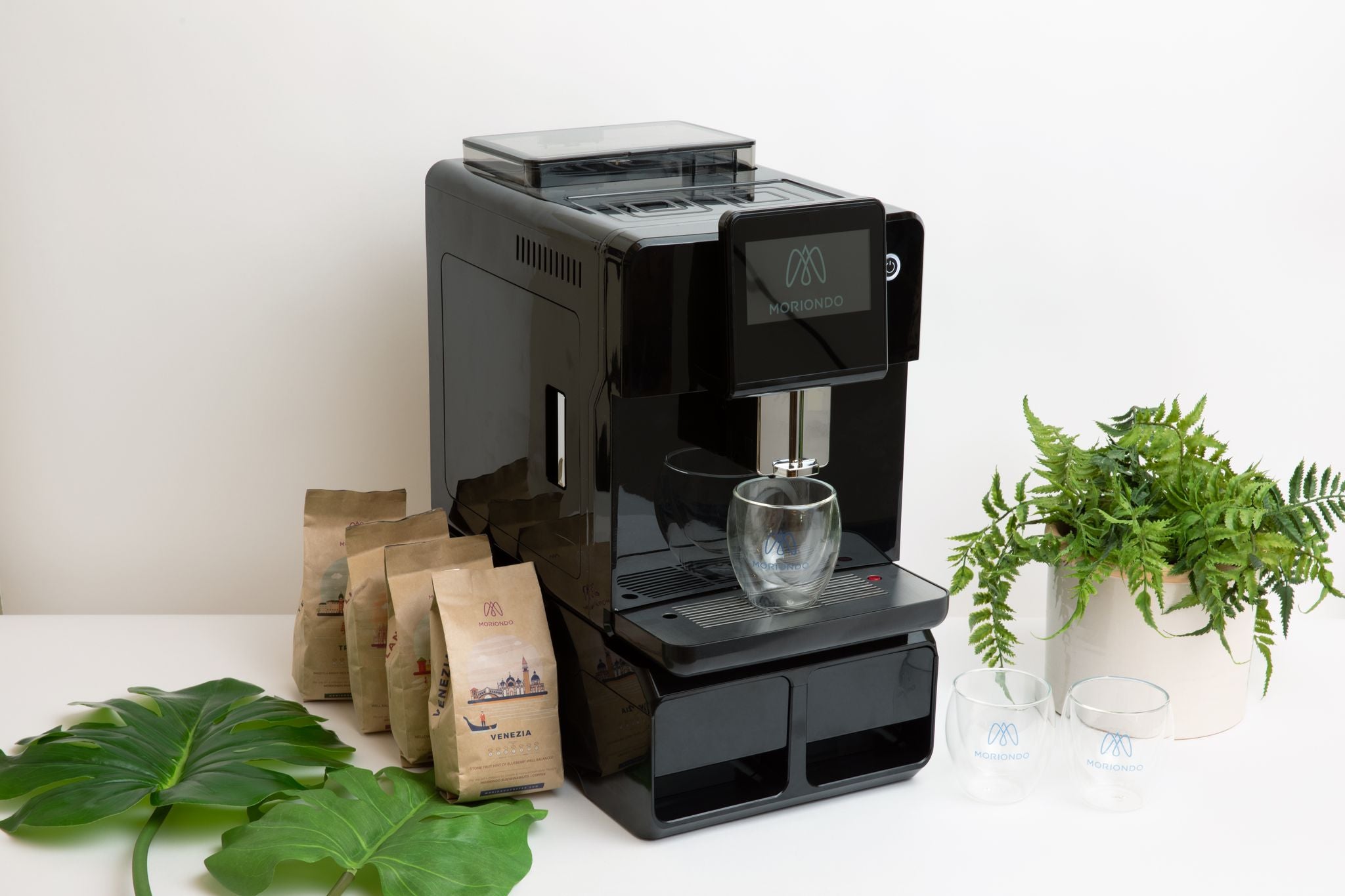Does Coffee Cause Gas?
Table of Contents
- Health benefits
- Side effects
- Is coffee responsible for gas and constipation?
- Lactose intolerance and caffeine sensitivity
- How to eliminate bloat from coffee
- Fruits and vegetables
- Avoid carbs, dairy, and alcohol
- Does black coffee cause gas?
- Does decaffeinated coffee cause gas?
- Can coffee result in other stomach issues?
- Takeaway
Coffee is almost universally enjoyed as a beverage first thing everything morning. It is a must-have energy booster during the early hours of the day for most. However, many simply love drinking coffee for its delicious flavor.
Health benefits
This enticing activity of drinking coffee provides many health benefits, like reducing the risk of coronary heart disease, diabetes, and risk of stroke, particularly in females. Moreover, caffeine from drinking coffee helps boost the performance of one's cognition and can help one to lose weight.
Side effects
Still, as much as optimal drinking coffee can benefit your health, it may also result in undesirable side effects. For example, a common detriment of drinking too much coffee includes the feeling of bloat.
Read on to understand the association between coffee and gas, as well as what can be done to calm your empty stomach.
Is coffee responsible for gas and constipation?

The acidic properties in coffee allow for improved digestion through the stimulation of hydrochloric acid production in the gut. Additionally, it can diversify internal bacteria, which enhances your overall health.
Unfortunately, coffee can often result in bloating. This only happens in specific individuals. In accordance with a study on the effects of caffeinated beverages such as coffee on symptoms in the gastrointestinal system, only a tiny fraction of sensitive people experience distress in this area.
Lactose intolerance and caffeine sensitivity
If you're certain that consuming coffee is what is causing a feeling of bloat or flatulence to your sensitive stomach, your body likely has heightened sensitivity to caffeine.
In the event you enjoy cold brew coffee with drinking milk or cream, this may yet be another factor leading to gas. There is a probability you are either lactose-sensitive or completely lactose-intolerant. Yet, the former is more likely when it comes to bloating or gas.
The same dichotomy applies to artificial sweeteners like aspartame and sorbitol. Combined in the mix can result in bloating due to the body being slow to digest.
In the event that coffee causes the stomach to feel gassy, you could even feel constipation. Of course, this doesn't happen to those who regularly drink coffee, as it is a natural stimulant for bowel movements. However, those in the minority definitely know how frustrating and painful the problem can be.
What's worse, those with irritable bowel syndrome will likely experience worsening symptoms via the consumption of caffeine.
How to eliminate bloat from coffee
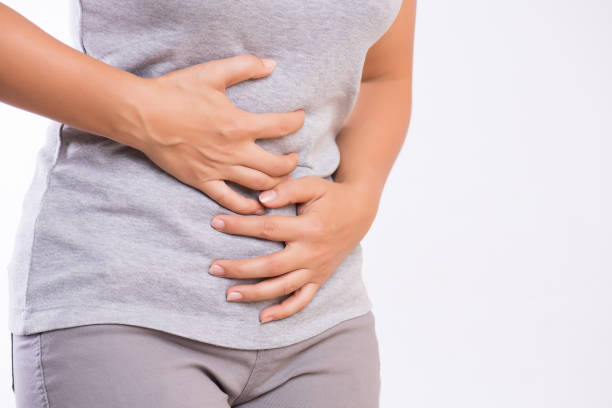
There are numerous methods you can implement you prevent gas and coffee bloat, several of which are more straightforward than commonly believed.
Fruits and vegetables
The essential thing to remember to avoid coffee bloat is to consume lots of fruits rich in water, including kiwis, bananas, and strawberries. These contain an abundance of fiber to improve and moderate the digestive tract.
You should stay away from vegetables that are cruciferous, however, because they can directly contribute to gas and bloating. Instead, consume lighter meals that are free of salt and sugar. Sodium makes you retain water, which does not aid with bloating.
Furthermore, it's important you avoid foods that are processed, as they are chock full of artificial sweeteners, salt, and sugar. As you eat, take the time to chew such that the enzymes in your lower regions have the time necessary to digest your food. This is particularly important for calming bloated if you have IBS.
Avoid carbs, dairy, and alcohol
Carbohydrates are also difficult to digest, so you should equally avoid starchy foods. They exist in high concentrations of alcohol, which exacerbate bloating.
You need to be free of dairy products if the body fails to properly digest fizzy drinks and lactose for good measure. The only beverage you should consistently consume when feeling gassy is mineral water. This contains nutrients but also improves digestion, in accordance with studies on constipation.
Does black coffee cause gas?
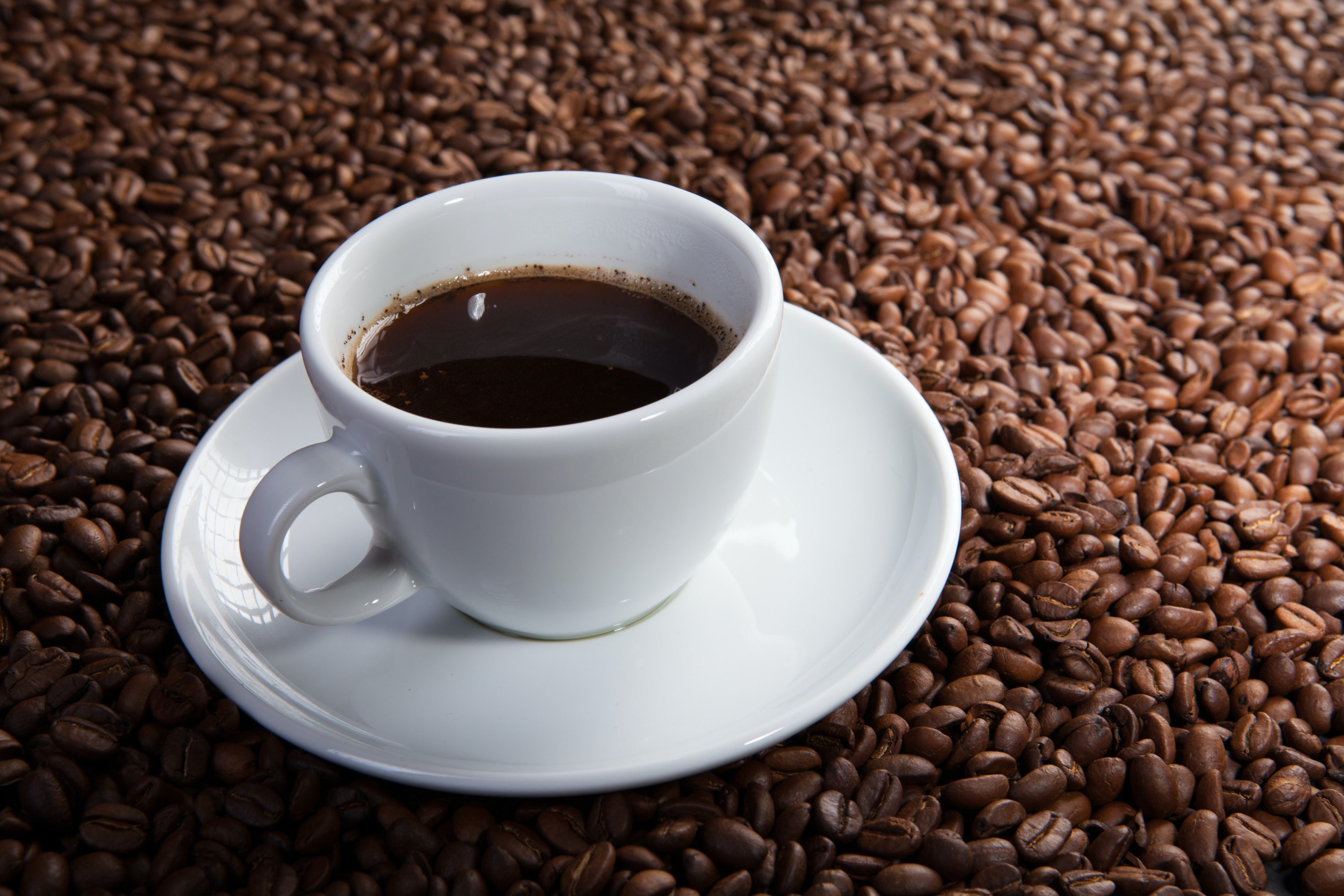
Black coffee is considered the definitive diuretic, as most people require no more than several sips to remove their bloated belly and move things along.
As previously mentioned, coffee results in bloating if you have a sensitivity to caffeine. Therefore, it doesn't matter if it's white or black. It can still cause problems in the stomach.
It can cause particular irritation to the gut if you drink it without eating a meal. It lowers the acidity of your empty stomach necessary for digestion, which leads to bloating, abdominal pain, and cramps. Make sure you always eat breakfast before receiving your morning cup of coffee to avoid an upset stomach.
Does decaffeinated coffee cause gas?

In spite of the lack of caffeine, decaf coffee beans also result in gas and an upset stomach as well. This is because that compound is not the only stimulant that can cause distress to the abdominal region. Even without the presence of caffeine, coffee beans still contains acid. This can lead to numerous problems in the digestive tract and levels of hydrochloric acid.
If you operated under the impression that switching to decaf would resolve bloating, you need to reconsider. The only way you'll get lucky is if your only sensitivity is to caffeine.
Can coffee result in other stomach issues?
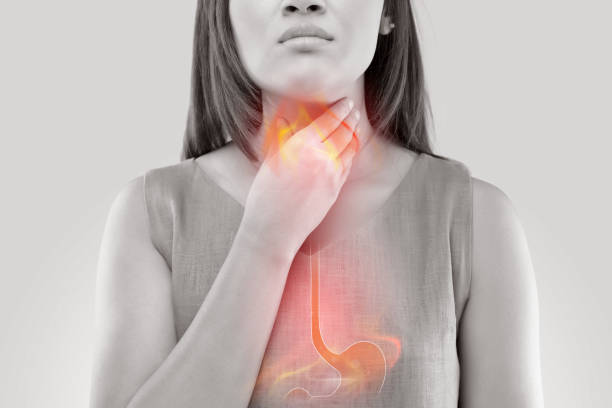
Bloating and flatulence are not the only issues caused by coffee. For many, it can trigger acid reflux, also referred to as heartburn. In the event you've experienced this, you'll know it's incredibly frustrating.
Acid reflux
The reason this happens when you drink coffee is the fact that the lower oesophageal sphincter, a muscular ring that allows the passage of food into the stomach, is relaxed.
When this muscle softens up, the acid in your stomach is capable of reaching the esophagus. Outside of being extremely frustrating, frequent heartburn can lead to the development of ulcers.
Bowel disorders
Coffee is capable of worsening symptoms of bowel disorders. Outside of IBS, this includes Crohn's disease. This is likely because it may enhance inflammation and activate your immune system's response.
Many beverages and coffee creams contain additives of carrageenan. This is a red seaweed extract that people have been utilizing in the kitchen for hundreds of years.
However, research suggests this may cause inflammation in the intensives and complications with bowel disorders like Ulcerative Colitis and Crohn's. Studies have gone as far as classifying it as a potential carcinogen, according to the International Agency for Research in Cancer. To maintain safety, it's best to avoid products that contain the ingredient.
Takeaway
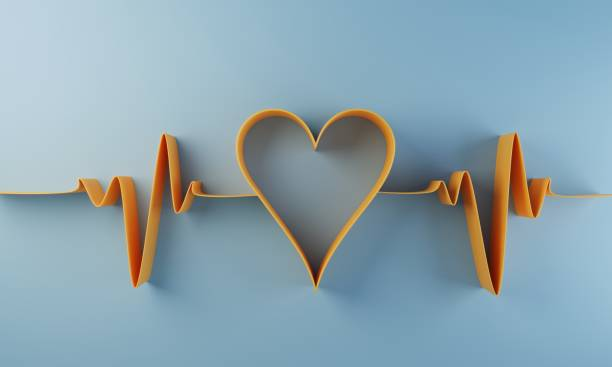
If you enjoy consuming coffee but find that it repeatedly upsets your tummy, it may feel like the world is collapsing.
Fortunately, bloating and other problems in the gut related to coffee consumption are nothing more than temporary conditions.
As you now understand, many things can be done to calm your bloating and eliminate cramping or gas that may occur after drinking coffee.
Follow the tips mentioned throughout this article, and you will begin to feel better before you even know it.
Good Tasting Coffee: How to Identify Coffee Flavors

In order to appreciate the different types of coffee available, it's important to cultivate an awareness of its unique characteristics. Let's take a look at the way coffee connoisseurs judge different cups of coffee.
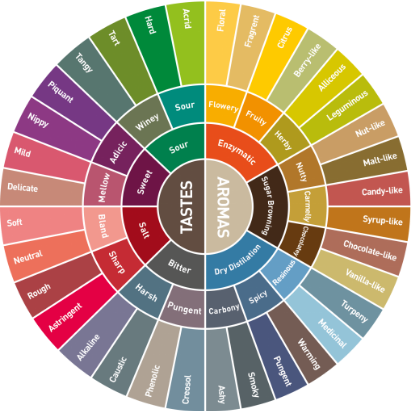
Aroma
The scent of a cup of coffee has a direct influence on how we perceive its flavor. As you drink coffee try to notice if the scent is smoky, fruity, earthy, spicy, nutty or grassy.
Acidity
One of the most defining characteristics of a cup of coffee is its acidity. This is the sharp, bright tangy quality of coffee that perks up our senses. Coffee doesn’t necessarily contain just one type of acid, either. It may contain citric acid, malic acid (fruity in flavor) or even quinic acid from stale coffee, which gives us stomach aches.
Body
This is the weight, thickness and texture of coffee in your mouth. The body of different types of coffee falls on a spectrum of light- to full-bodied viscosity (thin to thick).
Flavor
This is where comparisons come in handy and there is some overlap between aroma and flavor. Your coffee might taste bitter, sweet, savory or sour with common comparisons to chocolate, wine or fruit.
Related Posts

